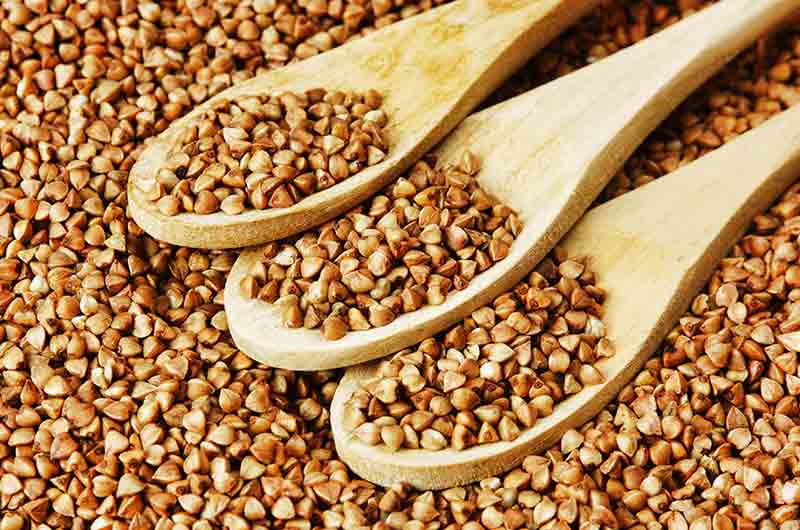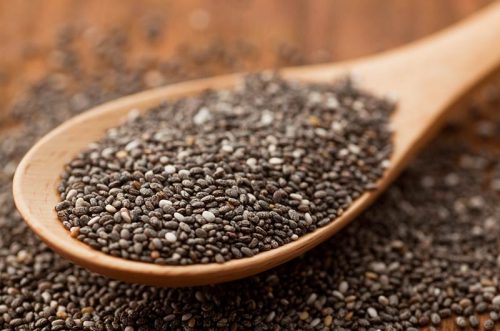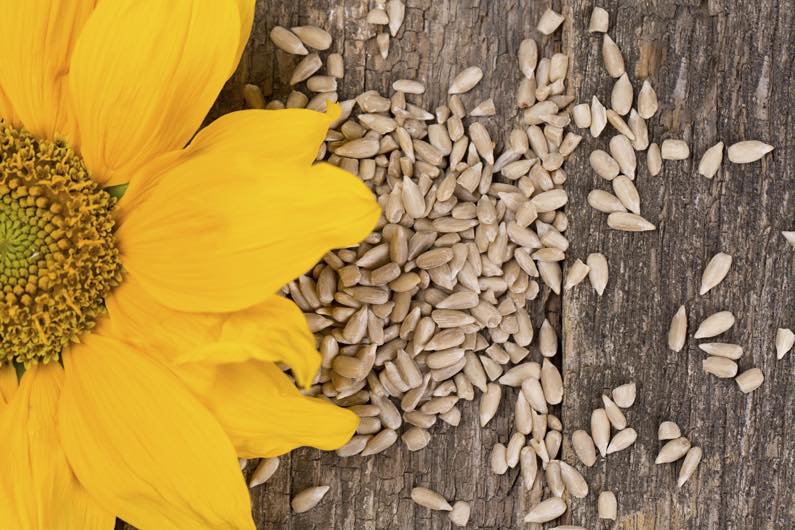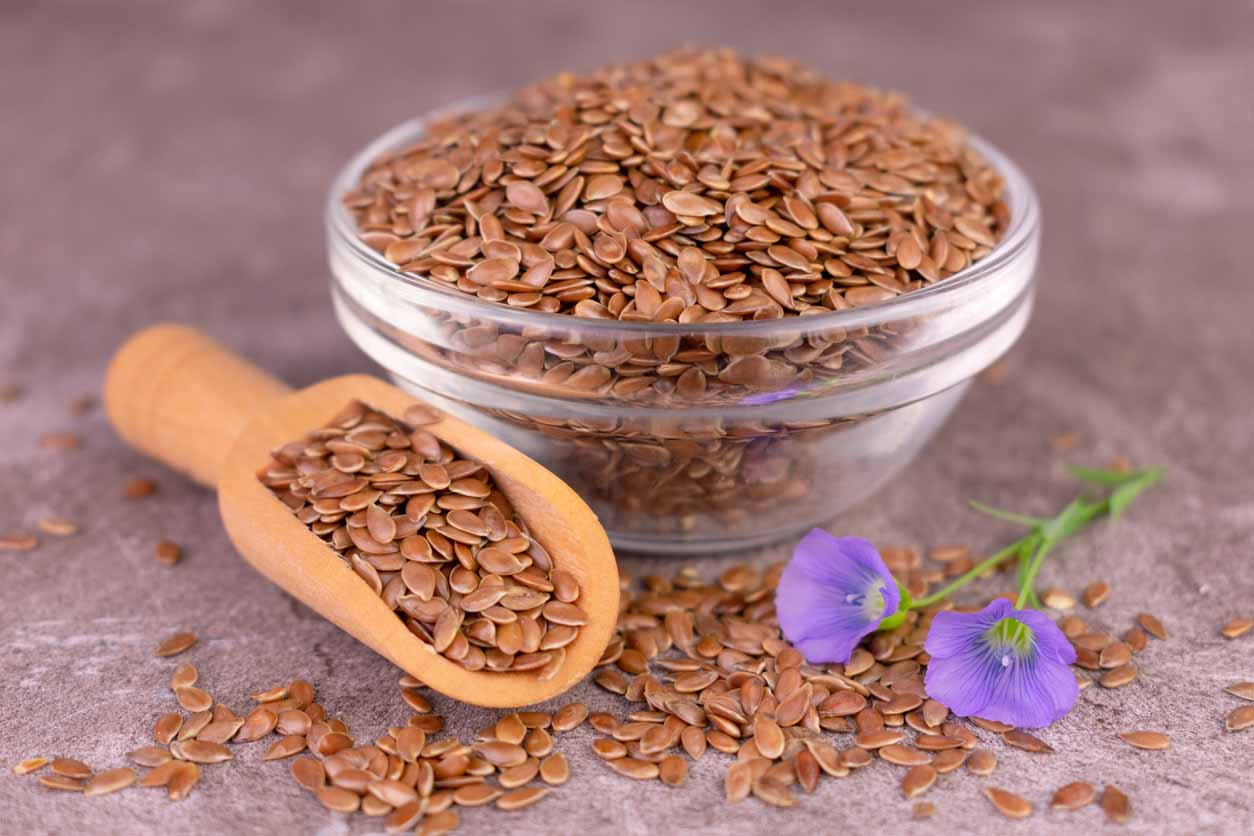Description
Organic Buckwheat
Botanical name: Fagopyrum esculentum
Buckwheat is often referred to as a cereal grain, however it is actually a fruit seed and is similar in size to wheat kernels, but it has its own unique triangular shape. During growth stage, the plant flowers produce a beautiful fragrance which is attractive to bees who use the pollen to produce a unique dark honey.
Buckwheat is ideal for consumers who are sensitive to grains that contain gluten. Its name is supposedly derived from the Dutch word bockweit, which means “beech wheat,” reflecting buckwheat’s beechnut-like shape and its wheat-like characteristics
Health & Nutrition
As a wholegrain, buckwheat is promoted as a food linked to a multitude of benefits such as reducing risk against atherosclerosis, ischemic stroke, diabetes, insulin resistance, obesity, and premature death. Whilst the high concentrations of fibre are known to lower cardiovascular disease, there are also a range of minerals, antioxidants, lignans, and other phytonutrients present in these nutrient dense power packs. Certain cholesterol lowering phytonutrients include polyunsaturated fatty acids, oligosaccharides, plant sterols and stanols.
The seeds also contain high level of anti-oxidants, delivered through the range of water-soluble, fat-soluble, and insoluble nutrients such as vitamin E (tocopherols and tocotrienols), selenium, phenolic acids, and phytic acid. These multifunctional antioxidants come in immediate-release to slow-release forms and thus are available throughout the gastrointestinal tract over a long period after being consumed.
Buckwheat also has protective effects on cardiovascular and insulin behaviour, due to it being a rich source of lignans. The consumption of buckwheat helps to improve the insulin sensitivity by lowering the glycemic index of a meal/diet, and in turn increasing the magnesium, Vitamin E and fibre content.
![]()





Reviews
There are no reviews yet.